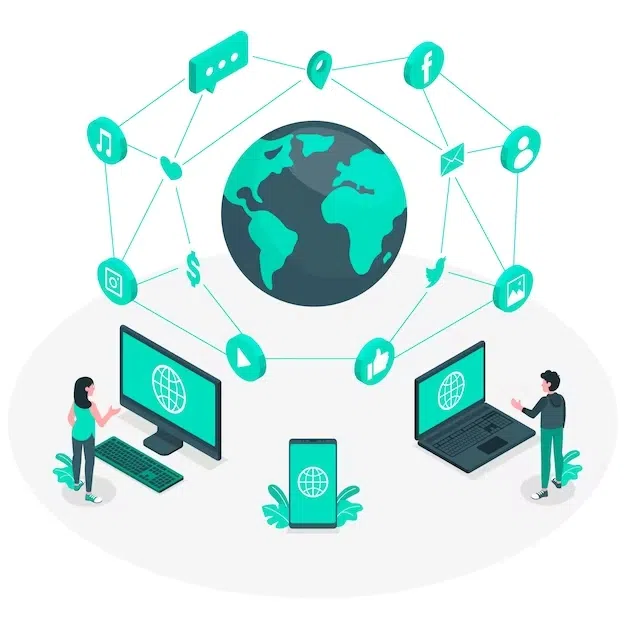Introduction:
Artificial Intelligence (AI) is no longer a concept confined to science fiction novels or futuristic movies. In recent years, AI has become an integral part of our daily lives, revolutionizing the way we live, work, and interact with technology. From virtual assistants and recommendation systems to autonomous vehicles and healthcare applications, AI is reshaping various aspects of society. In this blog, we’ll explore the significant impact of AI on everyday life and the potential implications for the future.
AI in Virtual Assistants:
Virtual assistants like Siri, Alexa, and Google Assistant have become ubiquitous in households worldwide. These AI-powered assistants use natural language processing and machine learning algorithms to understand and respond to user queries. Whether it’s setting reminders, answering questions, or controlling smart home devices, virtual assistants have simplified tasks and enhanced convenience for users.
AI in Personalized Recommendations:
E-commerce platforms, streaming services, and social media networks leverage AI algorithms to provide personalized recommendations to users. By analyzing user behavior, preferences, and past interactions, AI systems can suggest products, movies, music, or content tailored to individual tastes. This personalized approach enhances user engagement and drives customer satisfaction.
AI in Healthcare:
AI is transforming the healthcare industry, offering innovative solutions for diagnosis, treatment, and patient care. Machine learning algorithms can analyze medical images, such as X-rays and MRIs, to assist radiologists in detecting abnormalities and making accurate diagnoses. Additionally, AI-powered chatbots and virtual nurses provide round-the-clock support, offering medical advice and monitoring patients’ health remotely.
AI in Autonomous Vehicles:
The development of autonomous vehicles represents a significant advancement in AI technology. Self-driving cars use a combination of sensors, cameras, and AI algorithms to perceive their surroundings, navigate roads, and make real-time driving decisions. While fully autonomous vehicles are still in the testing phase, they hold the promise of safer roads, reduced traffic congestion, and improved mobility for individuals with disabilities.
AI in Education:
AI-based educational tools and platforms are revolutionizing the way students learn and educators teach. Intelligent tutoring systems can adapt to individual learning styles and pace, providing personalized instruction and feedback to students. AI-powered assessment tools can analyze student performance data to identify areas of improvement and tailor instructional content accordingly.
Ethical and Social Implications:
While AI offers numerous benefits, it also raises ethical and social concerns that need to be addressed. Issues such as data privacy, algorithmic bias, job displacement, and AI ethics require careful consideration and regulation. It’s essential to ensure that AI technologies are developed and deployed responsibly to mitigate potential risks and promote inclusivity and fairness.
Conclusion:
The rise of artificial intelligence has ushered in a new era of innovation and transformation across various sectors of society. From enhancing productivity and efficiency to improving healthcare outcomes and driving economic growth, AI has immense potential to shape the future of humanity. However, it’s crucial to approach AI development and deployment with caution, prioritizing ethical considerations and ensuring that AI technologies benefit society as a whole. As AI continues to evolve and permeate every aspect of our lives, it’s essential to embrace its potential while remaining vigilant about its implications. Stay with boardofjobs.com

